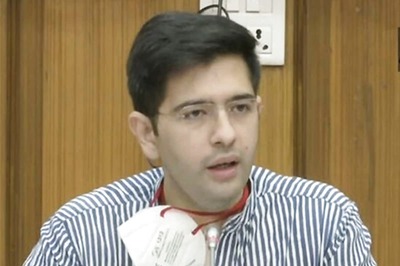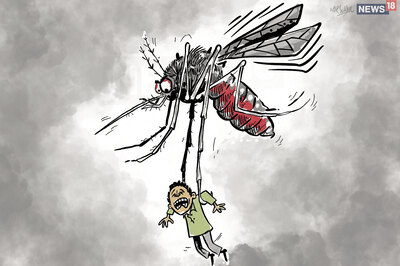
views
In a recent judgment, the Madurai bench of the Madras High Court reaffirmed that rape, as defined under the amended Section 375 of the Indian Penal Code (IPC), does not require penetration with a male organ. The court observed that any penetration, including that with objects, other body parts, or even an attempt, can constitute rape.
This significant judgment came while dismissing a petition by one Abdul Gani Raja, who sought to quash charges of attempted rape.
The case arose from an incident at Roshan Residency in Kodaikanal, where the complainant had stayed with her friend and their children. The petitioner, who owned the property and was a friend of the complainant’s husband, allegedly exploited this connection.
On May 8, 2023, the petitioner allegedly entered the complainant’s room under the guise of providing assistance. According to the complaint, he proceeded to touch her inappropriately, including her private parts, while she was unwell and resting.
Despite her protests, the petitioner allegedly intended to commit a more grievous offence before fleeing after she threatened to inform her husband.
The petitioner had challenged the charges filed under Sections 354A, 376, and 511 of the IPC, arguing that no actual rape or sexual assault took place, as there was no penile penetration. However, the high court rejected this argument, highlighting the 2013 amendments to the IPC in the aftermath of the Nirbhaya case.
The amendments made it clear that rape is not limited to penetration with a male organ; penetration by any object or body part, as well as manipulations or attempts to do so, is sufficient to constitute the crime.
The bench of Justice K Murali Shankar emphasised that the amended legal framework broadened the definition of rape. Even without full penetration or completion of the act, if the intention to violate the woman’s body is clear, it can be treated as rape under the law.
The court found that the allegations, as presented by the complainant, were sufficient to proceed with the charges under Section 376 read with Section 511 IPC.
The counsel for the petitioner argued that the case was a fabricated one, claiming inconsistencies in the witness statements and suggesting a conspiracy motivated by an unrelated land dispute between the petitioner and the complainant’s husband. The petitioner also submitted CCTV footage, asserting that his arrest and the subsequent filing of the complaint happened in an unusually brief timeframe. However, the court dismissed these contentions, stating that the authenticity of the CCTV footage and the contradictions in witness testimonies could only be evaluated during the trial.
Furthermore, the court underscored that petitions to quash criminal charges should only be entertained in exceptional cases where the allegations are patently absurd or lack any legal basis. Given the prima facie evidence against the petitioner, the court concluded that the case should proceed to trial. Accordingly, it dismissed the petition.




















Comments
0 comment